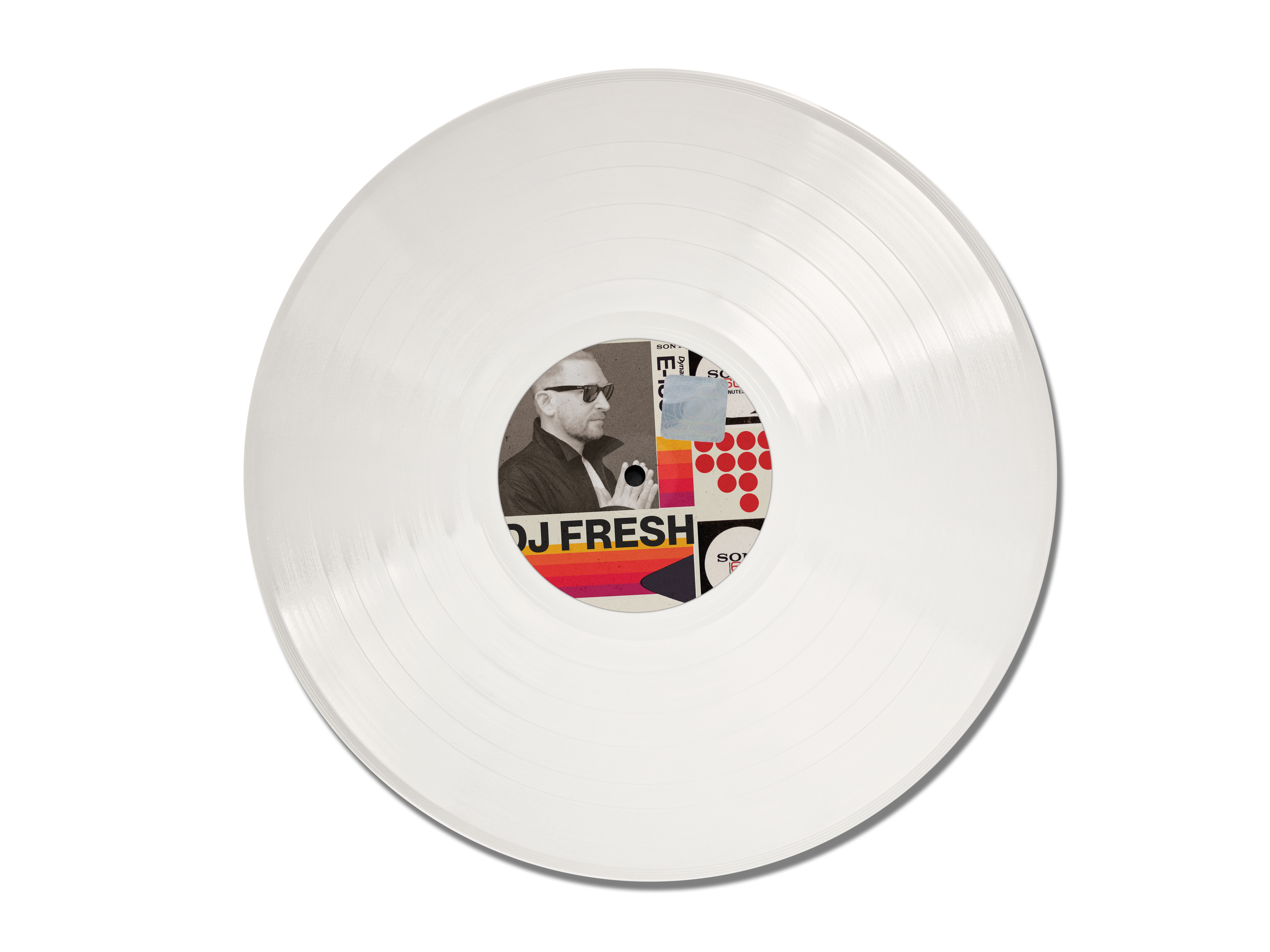DJ Fresh, musician to machine-learning engineer
Many full-time tech workers dream of making enough money to pursue art full-time. DJ Fresh’s life took the opposite path.
Written by Shreeda Segan
The desire to move from tech to artistry is a common one — many of us know engineers who want to start painting and marketers who want to write books. But every now and then, the pivot happens the other way around.
The year was 2008. Daniel Stein, known on stage as DJ Fresh, was at the top of his career. He’d become the first artist to get simultaneous #1 records in the drum, bass, and dubstep charts in the U.K., and had officially secured a spot as one of the forefathers of drum and bass. He’d collaborated with EDM artists like Diplo, Avicii, and Skrillex. And he’d helped artists like Rita Ora start their careers.
By all counts, Stein was an innovator, a college dropout who says he approaches all aspects of his career like he’s a founder. In some ways, Stein was living the dream. And yet, he wasn’t happy.
“All of a sudden, I was being told ‘All right, we’re a major label. You need to be making global music that appeals to a global audience,’’' Stein reminisces over Zoom. It’s been a long day for Stein, who’s been writing software and making music. These days, it’s more software than music.
“That just wasn’t what I was into. It put me, as an artist, in a really difficult space because I was all about cutting-edge, very U.K.-sounding music, and they wanted something else from me.”
Most importantly, Stein wanted to slow things down and start a family. Stein had been struggling with his health and battling thyroid cancer. “Why am I killing myself, potentially, to try and stay on top of the competitive and fast-moving music industry?”
And he wanted to get the chance to explore his other childhood passion — computers. He had grown up playing with Atari Basic and building chatbots. In 2001, he whipped up Dogs on Acid, one of the largest online music forums at the time, a statement that’s hard to fact check with the time that’s passed.
So in his free time, Stein started to tinker with Spotify’s API to find unsigned artists with big streaming songs. In 2017, he joined a three-month code boot camp in the UK. There, he met many other people pivoting to tech. “There was a girl in our course who was previously a carpenter and now is a software engineer,” he says. The whole thing felt like a gold rush. “You can just do three months of training and get a pretty well-paid job. I don’t know if that’s so much the case today.”
And he continued his foray into the tech world while still working on his music. Stein was signed to Ministry, a record label that was later bought by Sony. His track Gold Dust won multiple awards, while Gravity hit #1. He was headlining dance stages at festivals like Reading and Leeds, and playing to crowds as large as 40,000.
Since completing the bootcamp, Stein has worked as a machine learning engineer at Learning Pool, a learning and development company, and as a solutions architect for Stability AI, the company behind Stable Diffusion.
But he stopped working with Stability AI after three months. Stein found that he couldn’t ignore his parallel interests as a musician. He began to get concerned with AI’s impact on the art industry.
“AI technology is one of the greatest things that we’ve invented,” he explains, “but this is a dangerous time — if there is no regulation, a lot of people could find themselves out of jobs. But, if we have legislation that protects people’s IP, these tools could be an incredible extension for artists and their work.”
Today, Stein works as an engineering manager at General Bioinformatics, where he helps organizations make effective use of bioinformatics data. He continues to tinker with code on his own time, parents his two-year-old daughter with his wife, and works on his music — which still gets over 2M monthly listeners on Spotify.
At the time of writing this article, he tells me he’s just shipped some open-source code to Github. “It lets people spin up a blazing fast Rust GraphQL API to serve your machine learning model in one line of Python code,” he says. The project has 170 Github “stars,” or likes from other developers on the platform.
His days are long but they’ve always been long, even when he was a DJ. For Stein, pivoting to tech is just a matter of reframing how he’s building to achieve his goals.
"Trying to do something new has always been my thing,” he says. “For example, that was always what drum and bass was about: building at the cutting edge of music production.”

